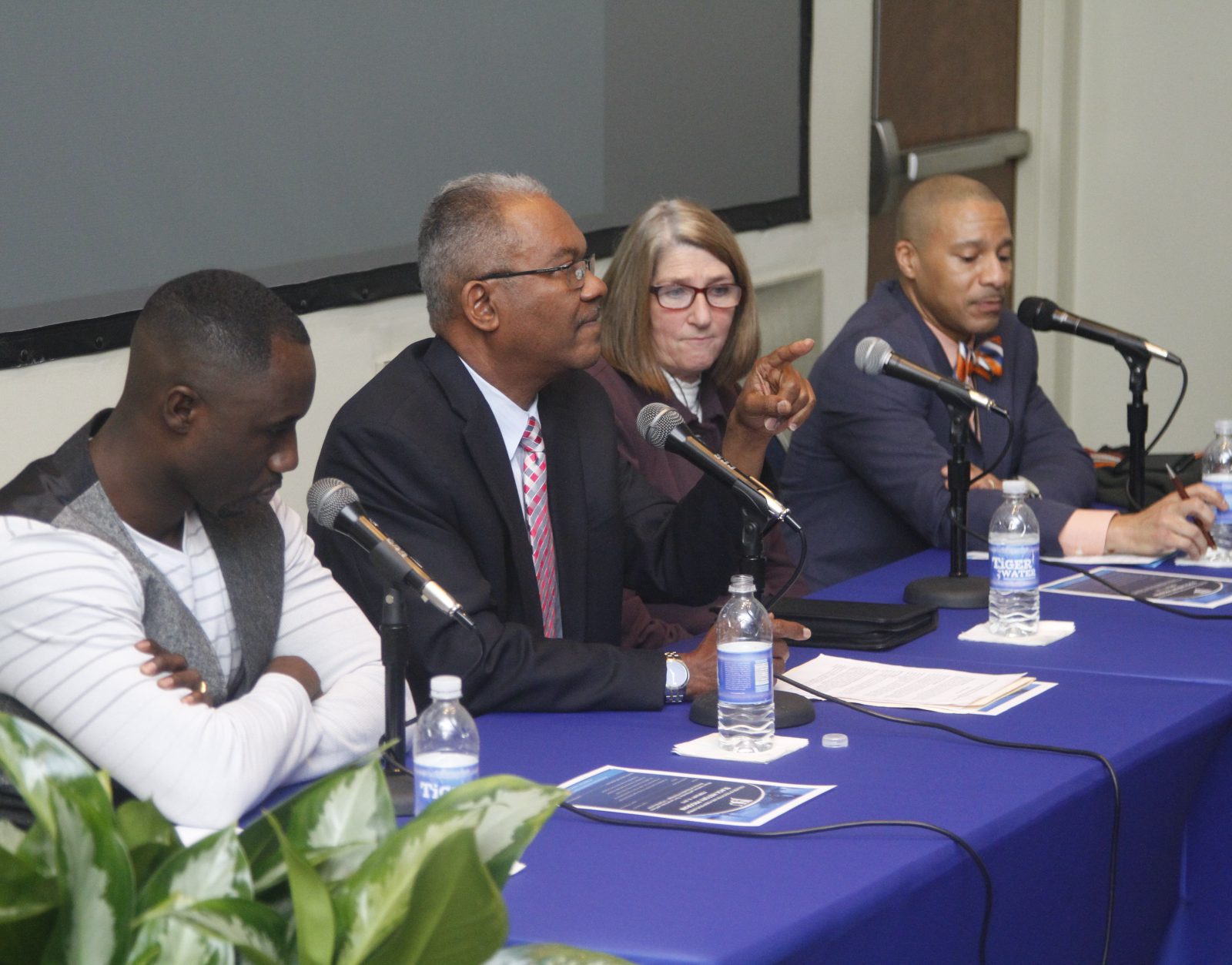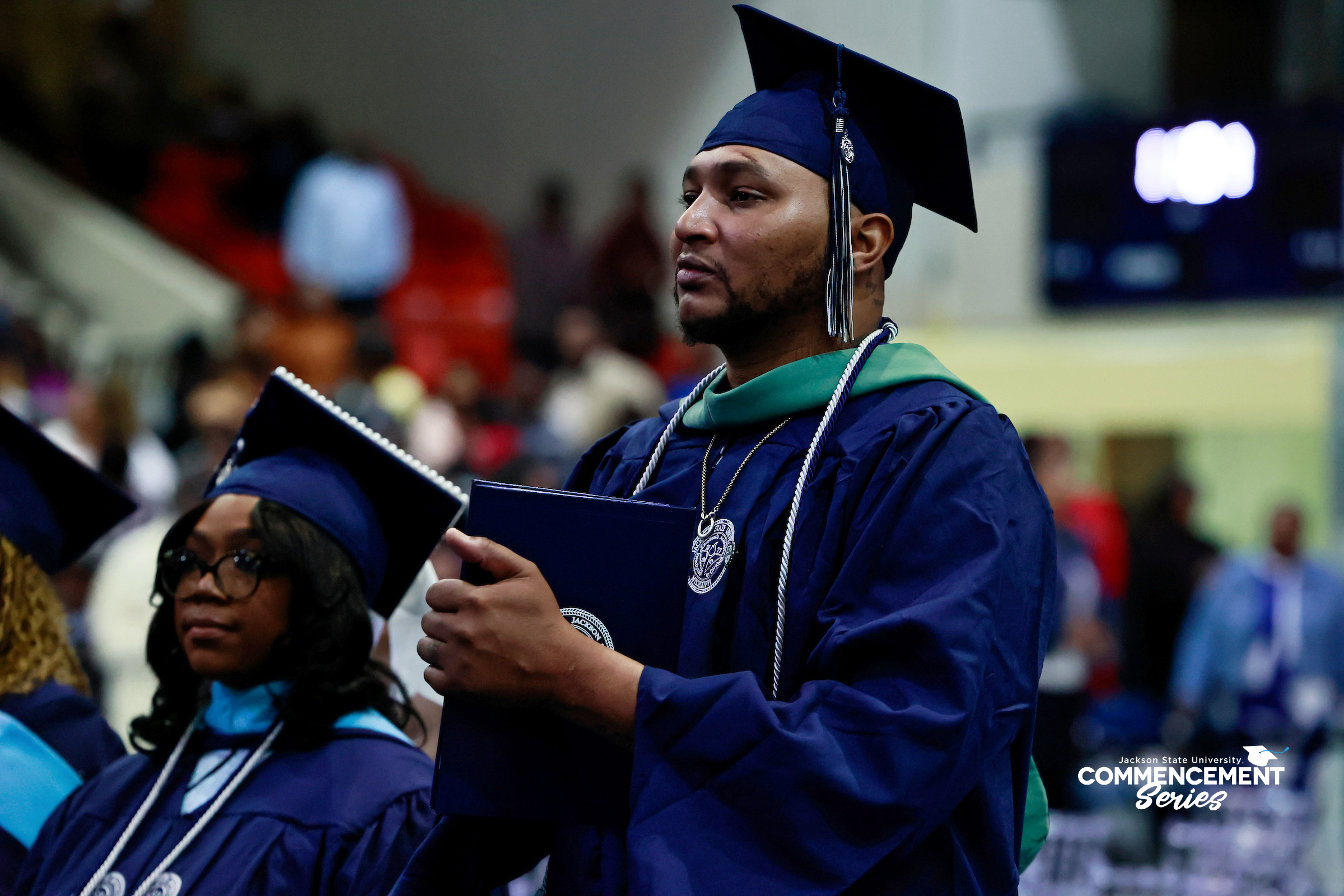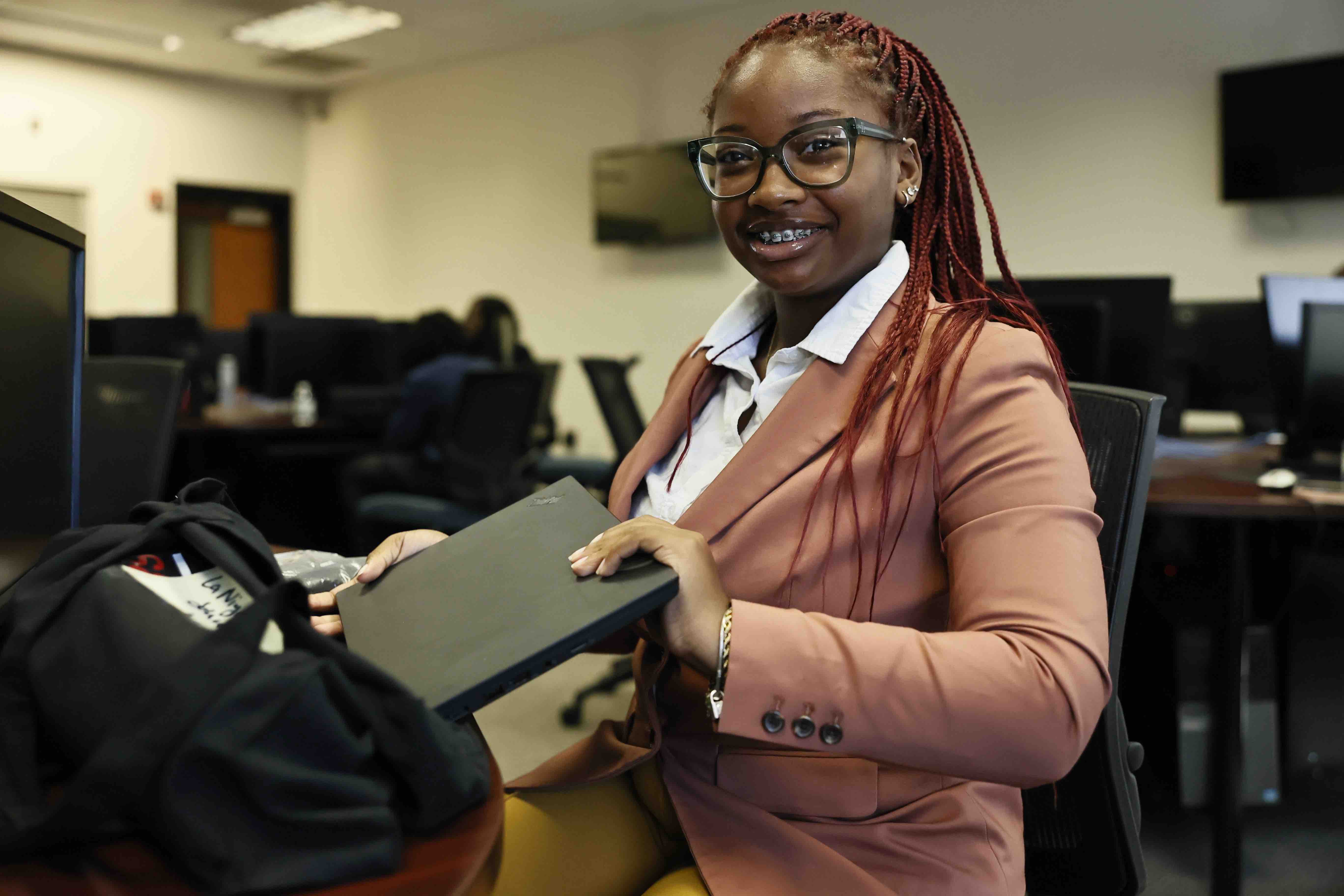A panel of experts met to discuss education issues in honor of Black History Month at Jackson State University on Monday, concluding that early childhood education remains a pressing issue in Mississippi.
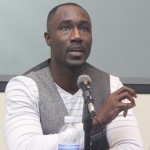
“Poverty and black Americans, that’s not new,” said Jackson Mayor Tony Yarber, serving on the panel as part of the College of Education and Human Development’s Black History Program. How to deal with the issue is what counts, he said.
Dr. Cedrick Gray, superintendent of Jackson Public Schools, said that when he came to Mississippi in 2012 from Tennessee, he was surprised that the state had no mandatory kindergartens and that compulsory attendance laws don’t kick in until age 6.
But now, he said, under prodding by the Mississippi Legislature, the state has erected a proficiency “gate,” so that if a child can’t achieve by third grade, the student can’t advance.
Studies have shown, he said, that even as early as third grade, a student who is held back has an additional 25 percent less likelihood of graduating high school. So, this “gate,” coupled with delayed early childhood training, almost ensures a higher dropout rate.
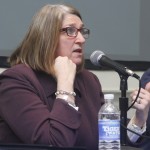
“So, you’ve got a gap to begin with and some never catch up,” agreed Dr. Jean Massey, associate state superintendent of education.
Students should be required to have some type of educational support, not babysitting, at age 4, Gray said.
These were among topics discussed by the panel that included Dr. Melvin Davis, executive director of the Mississippi Urban Research Center, Massey, Gray and Yarber.
Titled “African-Americans and Education: The Current Status and Future Directions of Education in Mississippi,” the discussion proved quite engaging for the crowd Monday night at the Student Center auditorium.
Topics ranged from the importance of rewarding teachers through adequate pay, comparisons of different school districts, how parents can better their children’s success, and institutional success versus student success.
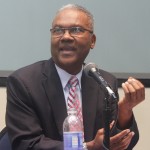
“He who defines you, controls you,” said Davis. The importance of research in making decisions about education, rather than random goals or definitions, cannot be stressed enough, he said.
That prompted several discussions, including the lack of research-based direction by state lawmakers.
Each of the panelists also shared how he or she entered the education field. Yarber, for example, said he was a biology major in college but essentially stumbled into elementary education, eventually earning a master’s degree in Education Administration and Supervision at JSU.
Davis said he discovered that research was a great need in historically black colleges and universities.
Massey said that “growing up in the ’70s, there weren’t a lot of opportunities for females,” but found that she loved teaching, coaching and school administration.
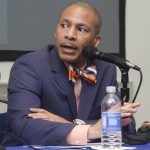
Gray said that he almost gave up on the idea of teaching, thinking he wasn’t making an impact, when a student came up to him and said, “This is the best class I have ever had.”
“The Lord spoke!” Gray said, adding that he firmly believes that route for his career was divinely inspired.
Dr. Deidre L. Wheaton, coordinator of Social Science Education and assistant professor of Interdisciplinary Studies, moderated the event.
Dr. Daniel Watkins, dean of the College of Education and Human Development, wrapped up the discussion by pointing to the past and recounting desegregation efforts in Yazoo City in 1955.



